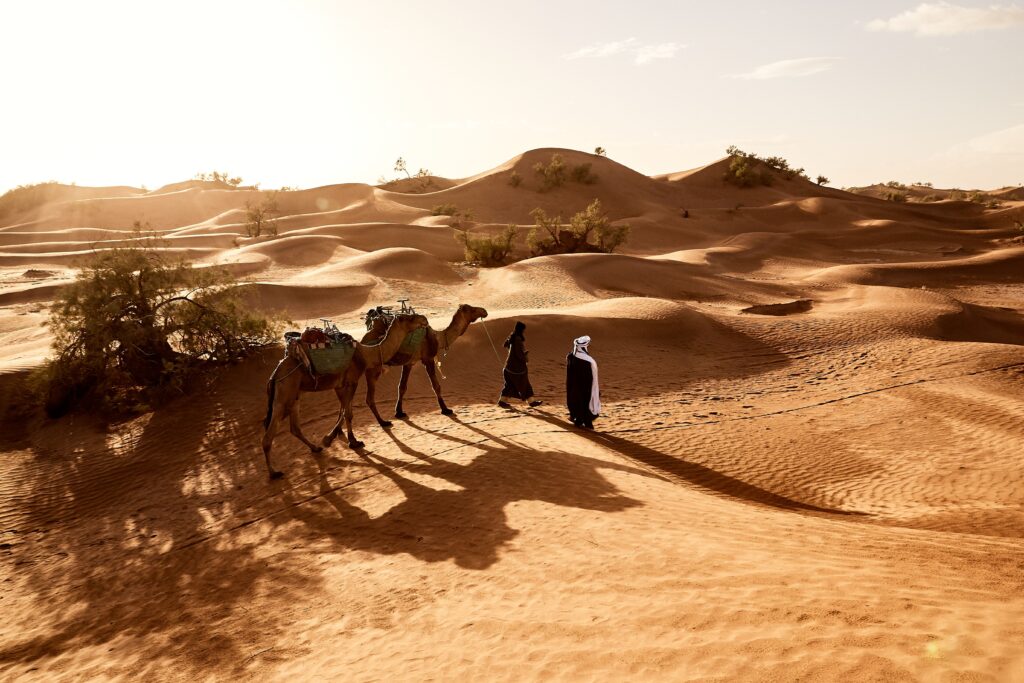Introduction
The Middle East is renowned for its rich cultural heritage, historical significance, and vibrant traditions. Despite its contributions to human civilization, the region has been plagued by geopolitical conflicts that have impeded its potential. This article aims to highlight practical solutions for fostering peace in this extraordinary part of the world. By focusing on effective strategies and measurable actions, we can pave the way for a more harmonious and stable future.
Conflict Causes
Conflicts in the Middle East are multifaceted and deeply entrenched, stemming from a blend of religious, socioeconomic, and historical factors. Long-standing rivalries, power struggles, and competing beliefs have shaped the region’s conflicts. Economic disparities and resource competition further exacerbate these challenges, making the pursuit of peace particularly complex. However, there are actionable steps we can take to move towards a more peaceful future.
Starting the Dialogue
Encouraging open dialogue is a fundamental step in achieving peace. Initiatives that foster conversations across cultural and religious divides offer opportunities for empathy and mutual understanding. Imagine a scenario where individuals actively engage in listening to each other’s experiences, discovering shared values, and finding common ground despite their differences.
Bridging the Divide
Organizations like the Adyan Foundation in Lebanon are making significant strides in promoting interfaith dialogue and understanding. Their programs focus on:
- Cultural Education: Promoting cultural awareness in universities and schools to foster mutual respect.
- Community Engagement: Facilitating collaborative community initiatives to build stronger connections among diverse groups.
- Media and Events: Creating awareness through media production and cultural events that highlight shared values and narratives.
These efforts underscore the importance of dialogue in bridging divides and fostering peaceful coexistence within communities.
The Role of Grassroots Movements
Grassroots movements play a crucial role in fostering peace by focusing on community development and support. Initiatives that address healthcare needs and economic empowerment contribute to the well-being of individuals and communities. By prioritizing local needs, grassroots movements lay the groundwork for stability and harmony.
Education as a Catalyst for Peace
Education is a powerful tool for promoting peace. In Jordan, the “Jordan Education for Employment” initiative exemplifies this approach. The program focuses on:
- Skill Development: Equipping individuals with the skills necessary for stability and collaboration.
- Economic Opportunities: Creating economic prospects for the younger generation to foster a more peaceful and prosperous future.
By empowering individuals through education, we can build a foundation for stability and mutual understanding across cultures.
Conclusion
Navigating daily life amidst conflict presents challenges that are difficult to grasp fully. The animosities, power dynamics, and economic inequalities that shape these circumstances can seem overwhelming. However, there is hope for transformation through measurable steps towards peace. By prioritizing dialogue, understanding, and support, we can collectively work towards a more harmonious future for the Middle East.
The journey towards peace begins with transcending barriers and creating spaces for empathy and understanding. Interested in contributing to a better tomorrow? Learn more about the 5P Foundation and how you can be part of the solution.





